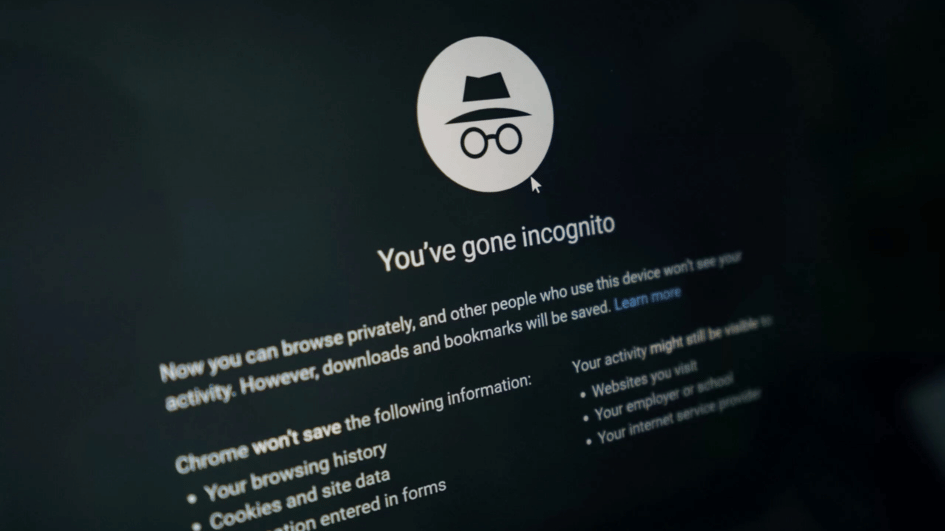
Google has agreed to delete a vast trove of search data to settle a suit that it tracked millions of U.S. users who thought they were browsing the internet privately.
If a proposed settlement filed on April 1 in San Francisco federal court is approved by a judge, Google must "delete and/or remediate billions of data records" linked to people using the Chrome browser's incognito mode, according to court documents.
"This settlement is an historic step in requiring dominant technology companies to be honest in their representations to users about how the companies collect and employ user data, and to delete and remediate data collected," lawyer David Boies said in the filing.
A hearing is slated for July 30 before Judge Yvonne Gonzalez Rogers, who is to decide whether to approve the deal that would let Google avoid a trial in the class-action suit.
The settlement calls for no cash damages to be paid but leaves an option for Chrome users who feel they were wronged to sue Google separately to get money.
The suit originally filed in June of 2020 sought at least $5 billion in damages.
"We are pleased to settle this lawsuit, which we always believed was meritless," Google spokesman Jorge Castaneda said in a statement.
"We are happy to delete old technical data that was never associated with an individual and was never used for any form of personalization."
The object of the lawsuit was the "Incognito Mode" in the Chrome browser that plaintiffs said gave users a false sense that what they were surfing online was not being tracked by the Silicon Valley tech firm.
But internal Google emails brought forward in the lawsuit demonstrated that users using incognito mode were being followed by the search and advertising behemoth for measuring web traffic and selling ads.
The lawsuit, filed in a California court, claimed Google's practices had infringed on users' privacy by intentionally deceiving them with the incognito option.
The settlement requires Google, for the next five years, to block third-party tracking "cookies" by default in Incognito Mode.
Third-party cookies are small files which are used to target advertising by tracking web navigation and are placed by visited sites and not by the browser itself.